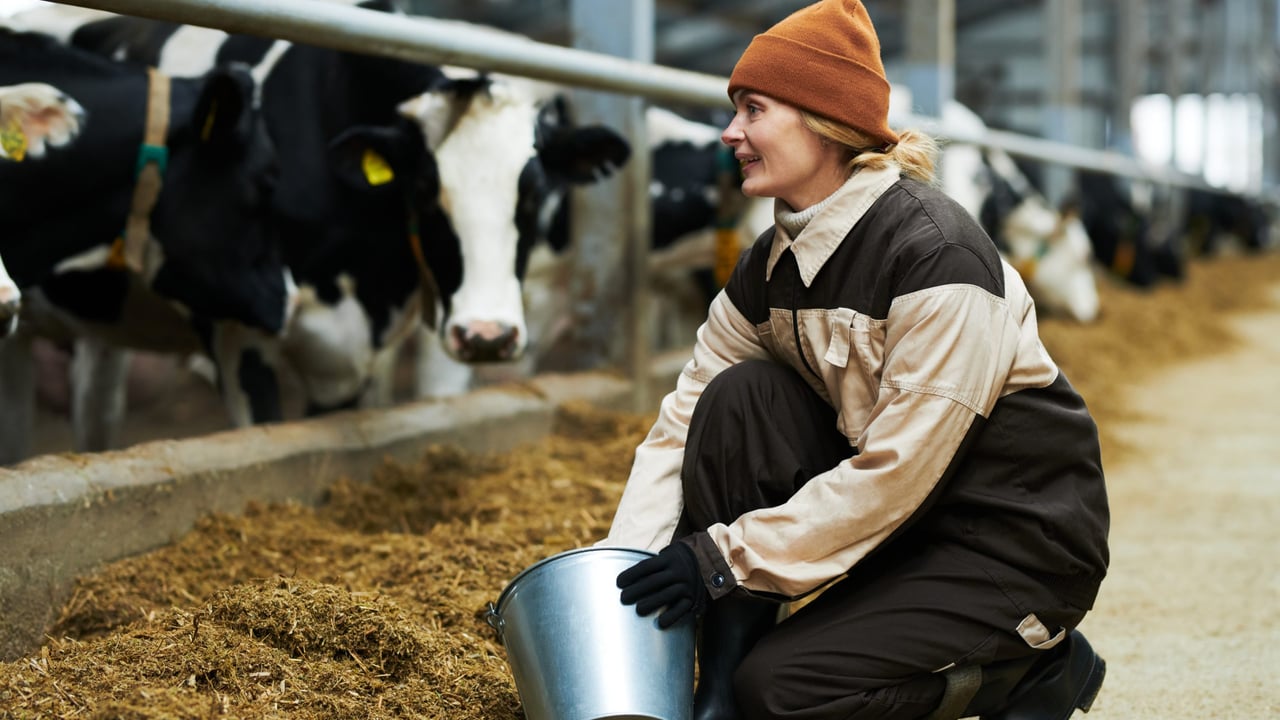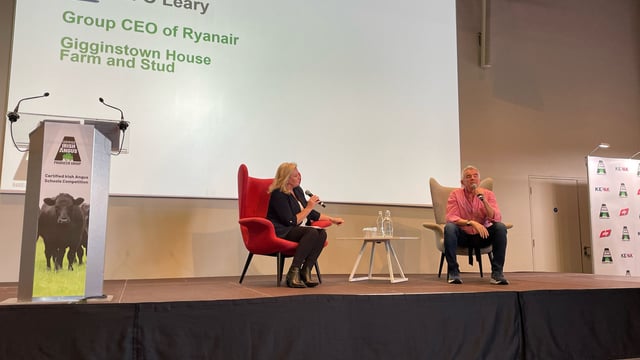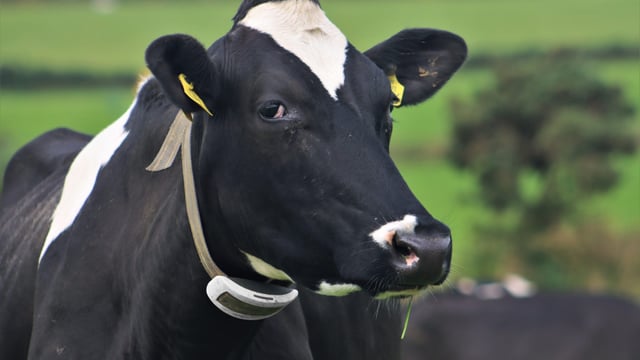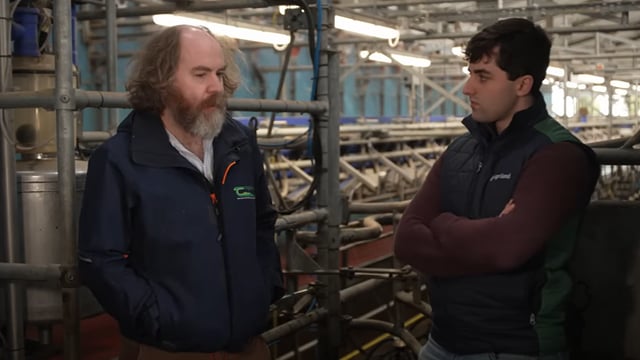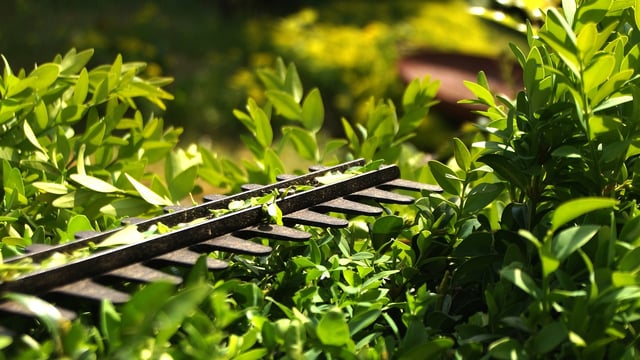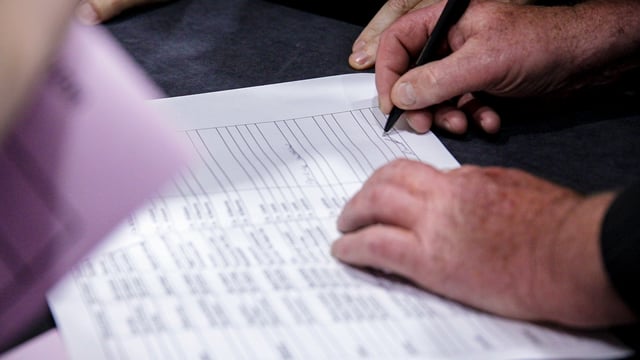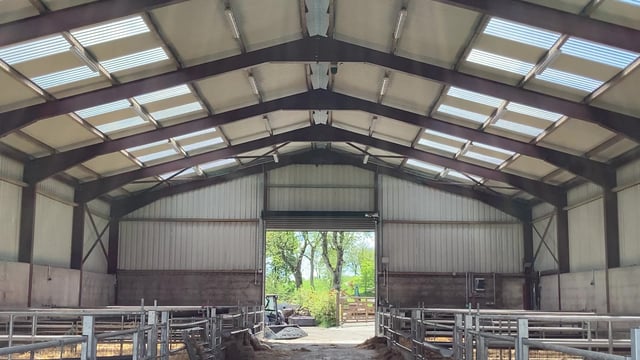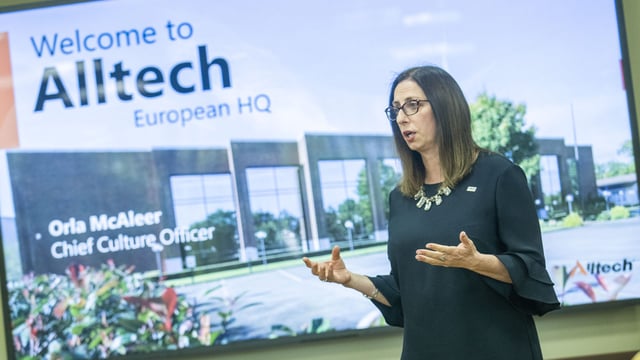Study: Women represent just '13.4% of farm holders in Ireland'
Farm incomes for women farmers "are consistently lower "than for male farmers and they receive lower direct farm payments, according to a new study published today (Friday, March 7).
The study by researchers at Maynooth University (MU) funded by the Department of Agriculture, Food and the Marine (DAFM) on women in agriculture also identified barriers that women in agriculture face and sets out a number of recommendations on policy changes to tackle these.
The study HER-SELF, or Highlighting pathways to Empower Rural women to have Sustainable and Equitable Livelihoods in Farming, also sets out that the agriculture sector needs to attract women in greater numbers to ensure future sustainability.
The study, led by Maynooth University’s Dr. Martina Roche, working with Dr. Mary Anne Hurley of Munster Technological University (MTU), Dr. Áine Macken-Walsh of Teagasc, and MU’s Dr Nóirín MacNamara, analysed existing data on the sector from the perspective of gender.
It provides the first comprehensive demographic and geographic report on women in farming in Ireland. The study found that:
- Female farm holders represent just 13.4% of farm holders in Ireland, with little increase since 1991;
- Female farm ownership is highest in areas where farm sizes are smaller and land values lower;
- Farm incomes for female farmers are consistently lower than for male farmers and they receive lower direct farm payments;
- Over half of Irish farmers do not have an identified successor in place and where there is an identified successor, over 80% are male.
Dr. Roche, who was the principal investigator on the project said: "There is a dominant norm of the farmer as male, stoic, the decision-maker, and unwilling to seek help, the woman is viewed as helper, while the son is commonly considered the family heir.
“This impacts on the work of each person on the family farm, and importantly on each person’s legal status, as well as farm family finances and decision-making patterns."
The study identified barriers to female participation in agriculture, such as - a lack of access to land, succession issues and the challenge of combining farm work, off-farm work and caring responsibilities.
It also highlighted that the spouse of the farm holder, who is often a woman, faces additional barriers produced through the intersections of tax, social welfare, and agriculture policies.
More generally it indicated that there is a lack of visibility, representation, and inclusion of women in farming.
The study also found that women "do not feel they have the right to identify as a farmer".
Dr. Roche said: “They understand that at a community level they are expected to fulfil the ‘woman as helper’ norm and that they may be queried, ridiculed, and/or incur social penalties if they transgress that."
The report makes several recommendations to make farming more equitable, it calls for:
- A full Equality Impact Assessment of the intersections of agriculture policy with tax rules and social welfare entitlement criteria;
- Dialogue and awareness raising around the challenges facing the sector such as advancing gender equality, generational renewal, and improved work-life balance;
- Gender equality in agricultural education including reviewing and revising educational courses;
- Mentoring programmes for rural women entrepreneurs;
- Better data collection including a gender analysis of existing data as well as the compilation of female-focused data.
Launching the report at Maynooth University, Minister of State at the Department of Agriculture, Food and the Marine (DAFM) with responsibility for Research and Development, Noel Grealish, said: “Women have always been integral to the family farm but often their crucial role has not been fully recognised or acknowledged."
"Recent initiatives through the CAP Strategic Plan and the Action Plan arising from the National Dialogue on Women in Agriculture, have brought this issue to the fore.
“There is a commitment in the Programme for Government to continue to prioritise work in this area."

